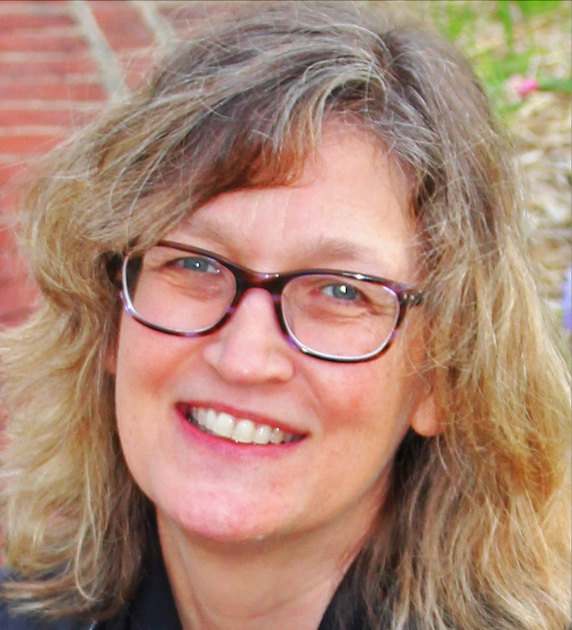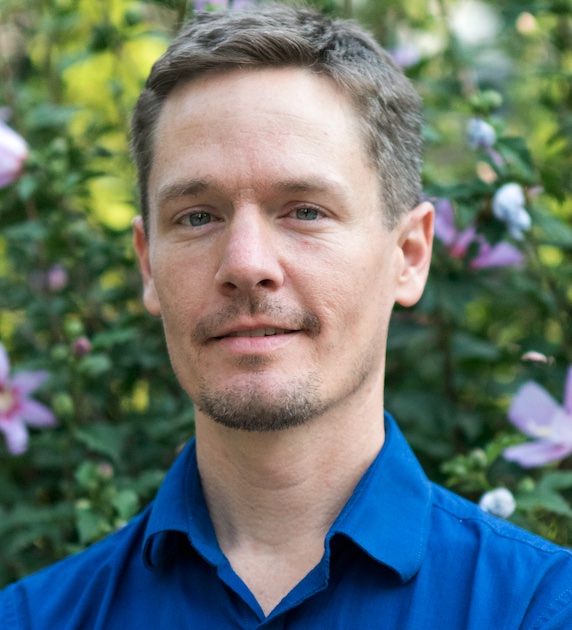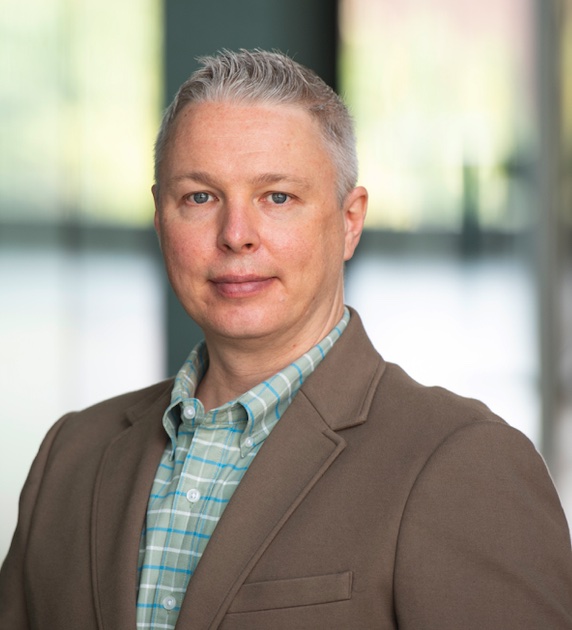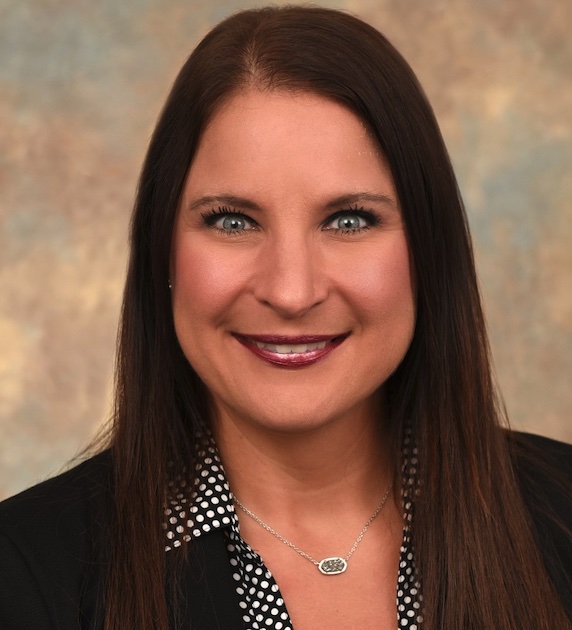Findings Staff Report | June 20, 2022
The Office of Research wants to support its Bearcat faculty at all stages in their academic, research, scholastic or creative careers.
We created the University Research Council Faculty Research Pivot Grant with this in mind. The award provides $15,000 to mid-career and beyond faculty to take their research, scholarship or creative activities in a new, exciting direction.
“It is incredible to watch our faculty use their individual talents and areas of expertise and expand upon them with a Pivot grant,” says Vice President for Research Pat Limbach. “Each year, I am in awe of their novel ideas.”
The Pivot grant program, one of many internal funding programs at UC, was established as part of UC’s Research2030 strategic plan for research, which seeks to solve problems that matter today and into our future. Recipients get up to 18 months to complete their project.
To learn about all the OoR’s funding opportunities, visit our website.
2022 Pivot Award Recipients:

Associate Professor Lora Anderson, Ph.D.,
Department of English, College of Arts & Sciences
Project: The Personhood of a Corpse
“To re-theorize personhood, I examine the practices associated with how we treat human remains. The result will be a monograph entitled The Personhood of a Corpse, which will inform a digital archive project about the concept of dying well. Data will include interviews with professionals in the funeral industry and mortuary science experts as well as archival resources from UC’s Winkler Center and other academic institutions and museums. The intent of this project is to inform better end-of-life care and death care based on new theories related to personhood.”

Professor Stefan Fiol, Ph.D.,
Department of Musicology, College-Conservatory of Music
Project: Musical Awe and Cognitive Reserve in Persons with Neurodegenerative Disease
“Music and the performing arts sustain social connection and elicit positive emotions, including awe, that are shown to improve cognitive health. This award supports one of the first studies to examine how music modifies the experience of awe, the neurological and psycho-social benefits of repeated exposure to awe and how these benefits are modified by age, cognitive ability and cultural background.”

Professor Michael A. Riley, Ph.D.,
Department of Rehabilitation, Exercise & Nutrition Sciences, College of Allied Health Sciences
Project: Identification of Postural Control Deficits in Older Adults with Asthma and COPD
“Unfortunately, falls are common in older adults and strongly associated with serious injury and morbidity. Treatment can get expensive. Older adults with chronic pulmonary conditions such as asthma or chronic obstructive pulmonary disease have an elevated risk of falling. This project aims to identify the altered balance control mechanisms which place these individuals at risk. That way new rehabilitation interventions to reduce falls can be developed.”

Associate Professor Jennifer Wright-Berryman, Ph.D.
Department of Social Work, College of Allied Health Sciences
Project: Equitable death care for sexual, gender and racial minorities
“There is a lack of advanced death care planning, especially among groups suffering from health disparities, and that results in psychological, social, and economic burdens on families and the death care system. With this grant, I will conduct a policy and marketing analysis to understand the ways that federal law, state statutes and public messaging create and support disparities in death care for racial, gender and sexual minorities. I will conduct interviews of minoritized and marginalized community members and death care providers to understand barriers and co-create solutions to these disparities in the U.S. death care system. The goal is to inform policy and practice across the system.”